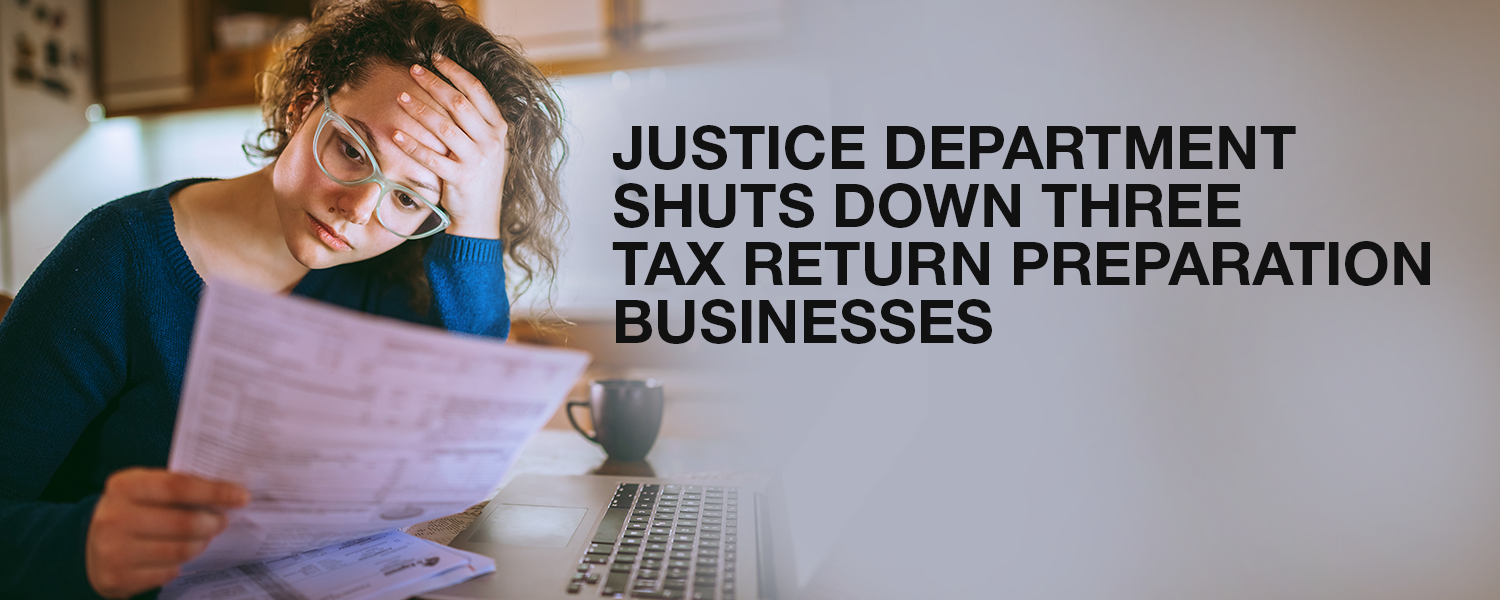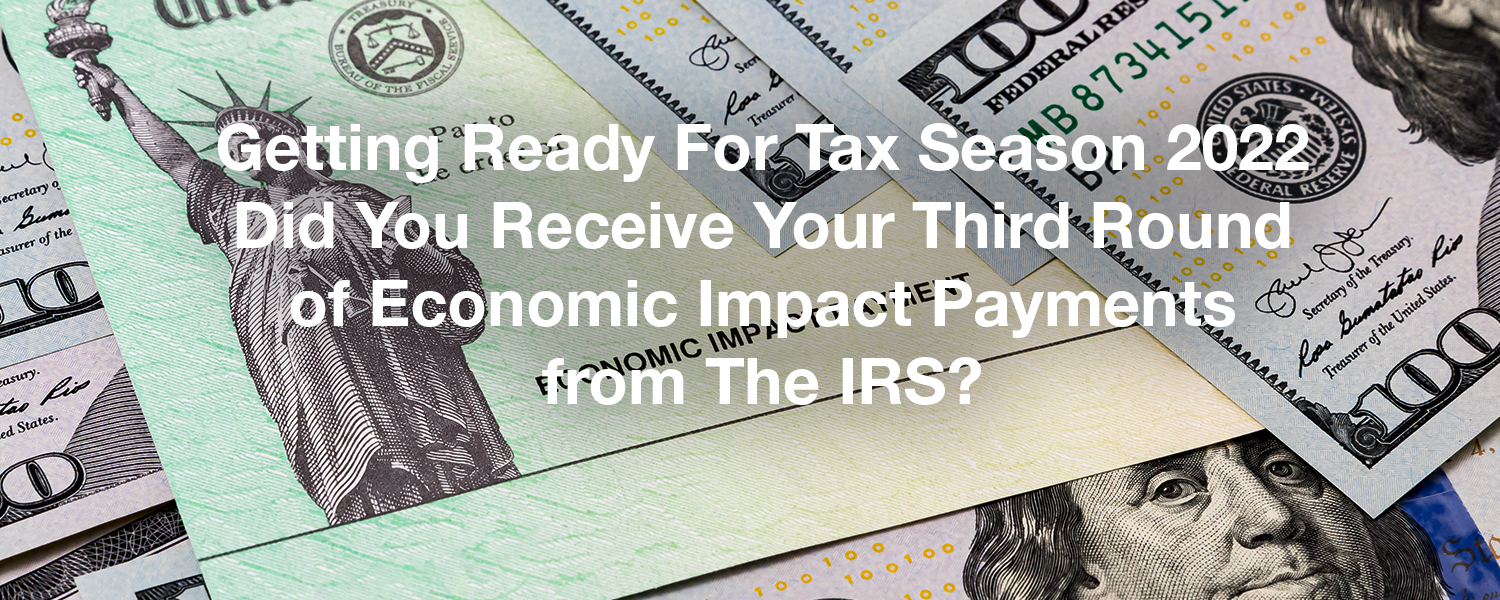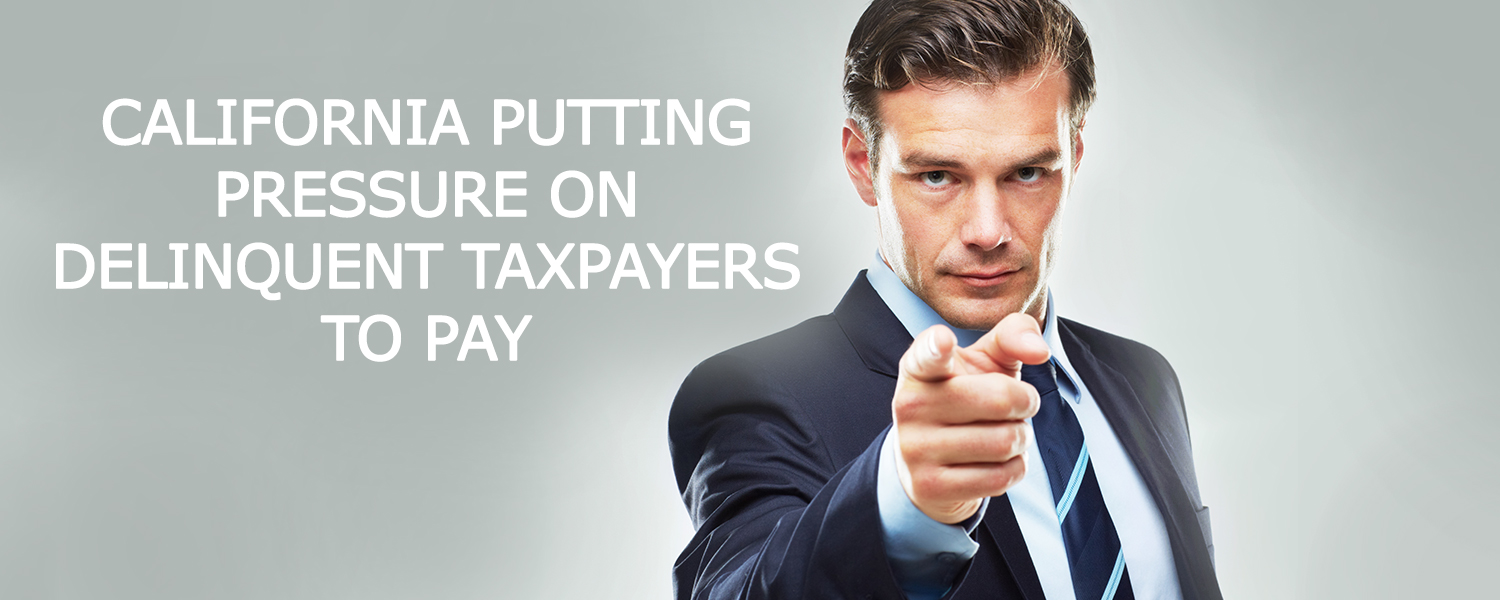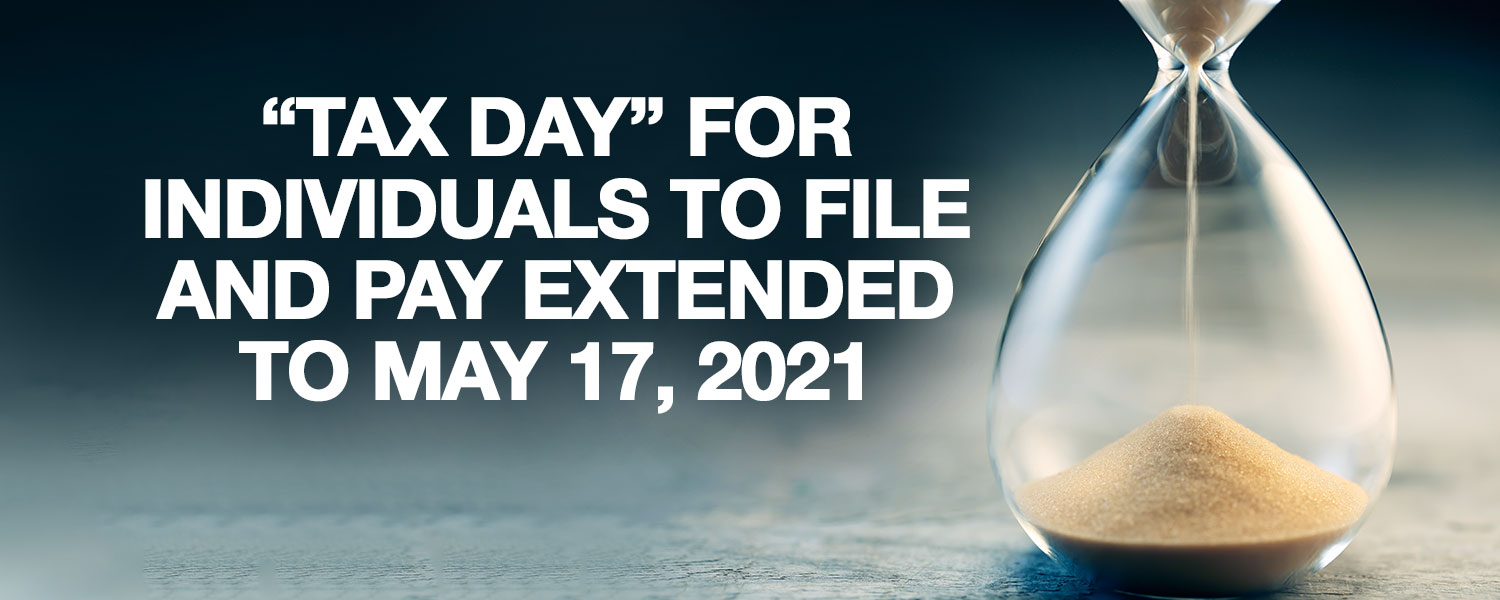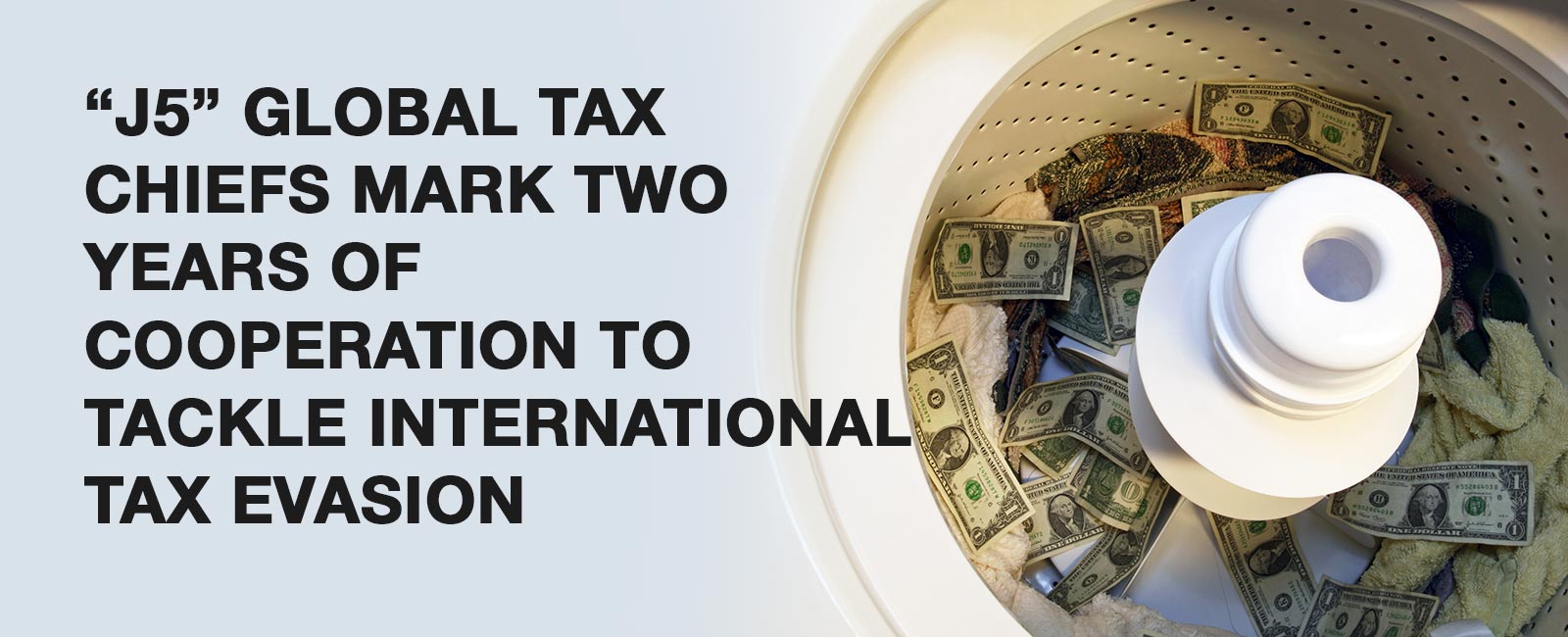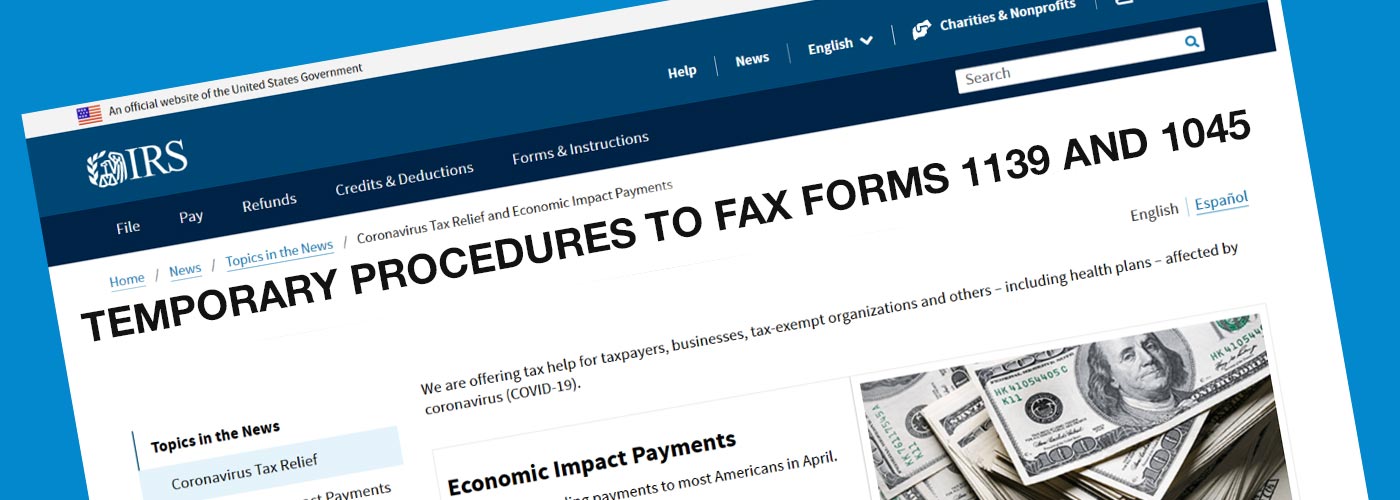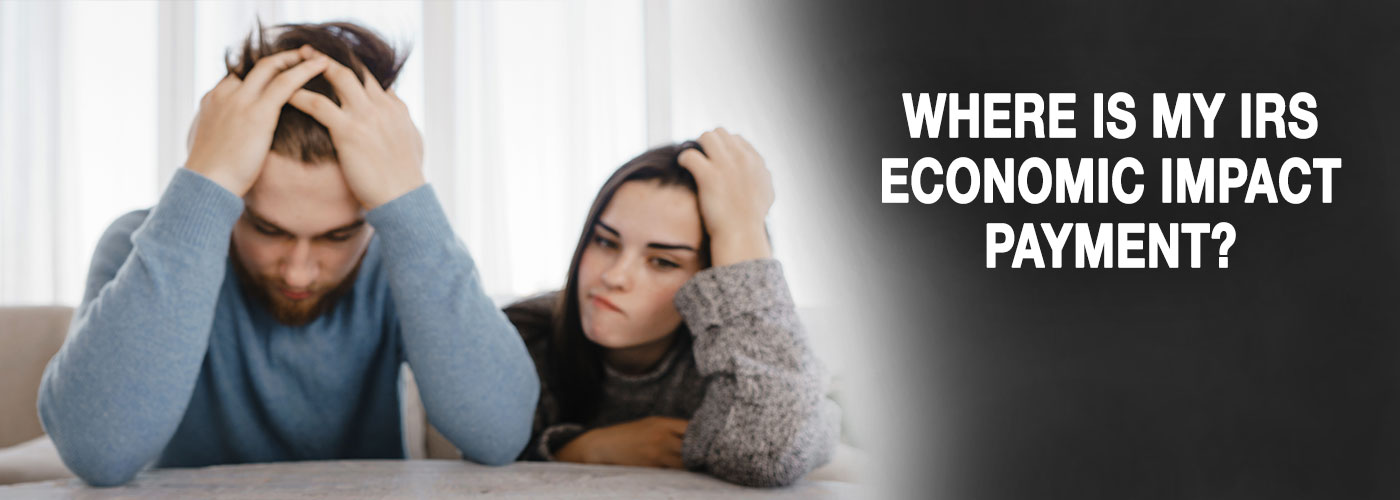Justice Department Shuts Down Three Tax Return Preparation Businesses
Recently in three separate cases, the U.S. Justice Department (“DOJ”) successfully secured injunctions from U.S Federal District Courts barring certain tax return preparation businesses from preparing tax returns and in some cases ordering the tax return preparers to disgorge the fees they obtained by preparing false and fraudulent tax returns.
Terance Price – Mississippi
On January 28, 2022, DOJ announced that a federal court in the Southern District of Mississippi has permanently barred Terance Price, a Mississippi tax return preparer, from owning or operating a tax return preparation business and preparing tax returns for others.
The permanent injunction is against Terance Price, both individually and doing business as Superior Taxes. The court entered the injunction after Price failed to respond to the complaint the government served on him.
The complaint alleged that Price, who began operating his tax preparation business in 2015, knowingly took unreasonable positions on returns he prepared that understated the tax his customers owed, overstated the refunds owed to his clients, or both. In particular, the complaint alleged that Price prepared returns that falsely claimed residential energy credits, fuel tax credits and unreimbursed employee business expenses.
The government further alleged in the complaint that Price has filed hundreds of tax returns since 2015, and that he has filed tax returns using other tax preparers’ personal identifying information. According to the complaint, the IRS assessed penalties against Price for failing to make reasonable inquiries to ensure that his customers were legitimately entitled to various tax credits, and Price has not paid those penalties.
Karla Welch – Florida
On February 2, 2022, DOJ announced that it filed a civil injunction suit to bar Karla Welch and her businesses from owning or operating a tax preparation business and preparing tax returns. The complaint also requests that the court require the defendants to disgorge the fees they obtained by preparing false and fraudulent tax returns.
The complaint, filed in the U.S. District Court for the Middle District of Florida, alleges that Welch, through Karla R. Welch LLC and Kwik Services LLC, owns and operates a tax preparation business with as many as 12 stores in Florida, Georgia and North Carolina. According to the complaint, Welch and her businesses prepare and file tax returns to falsely increase their customers’ refunds, and profit through high and often undisclosed preparation fees at the expense of their customers and the Treasury. The complaint alleges that the defendants prepared returns for customers that:
- Falsely claim the Earned Income Tax Credit
- Report fabricated businesses and related business income and expenses
- Report fabricated deductions, including for purported job-related expenses
- Claim false education credits.
Wendell Devallon and Berald Dominique – Florida
On February 4, 2022, DOJ announced that a federal court in the Southern District of Florida permanently as of February 3, 2022 barred Wendell Devallon and Berald Dominique, co-owners of Tax Time Group Inc., from preparing federal income tax returns or operating any tax return preparation business in the future. The court also ordered the tax preparers to pay $353,000 in disgorgement to the United States.
The civil complaint filed in the case alleged that Wendell Devallon and Berald Dominique, co-owners of Tax Time Group Inc., prepared tax returns for customers that claimed fraudulent self-employment expenses, fictitious education credits, false fuel tax credits and fake charitable contributions, among other schemes. The complaint also alleged that Devallon and Dominique acted as “ghost” preparers, meaning that they acted as paid tax return preparers but did not sign the returns they prepared, as required by law.
In a June 2021 order, the court found the defendants in contempt for violating a preliminary injunction that restricted their tax preparation activities while this case was pending. Devallon, Dominique and Tax Time Group consented to entry of the court’s contempt order and admitted that sufficient evidence existed to show that they had violated the preliminary injunction. In August 2021, the court entered an order requiring the defendants to pay $211,000 in sanctions for their violations of the preliminary injunction.
The February 3rd permanent injunction, to which Devallon, Dominique and Tax Time Group consented, forever bars them from any involvement in the preparation of federal tax returns. They must immediately close and cease all operations at any Tax Time Group office location, including the company’s North Lauderdale offices located at 995 Rock Island Road and 1675 S State Rd 7. They must also pay an additional $142,000 to the United States for their fraudulent return preparation activities that pre-dated the complaint. The permanent injunction requires Devallon and Dominique to give up their ownership of the “Tax Time Group” brand. If they sell the business, all proceeds will be applied to the $353,000 they must pay the United States. If Devallon, Dominique or Tax Time Group is found to have prepared another return, they must pay the United States $2,000 plus any fees they received for preparing the return.
Actions by DOJ help support IRS’ campaigns to fight refund fraud and identity theft.
“Identity theft is a pervasive crime and stopping it remains a top priority of the IRS,” said IRS Commissioner Chuck Rettig. “The IRS, with the help of our Security Summit partners, continues to make progress in this area, but we need to continue our significant efforts to protect taxpayers and assist those who have been a victim of identity theft. We are fighting this problem with enhanced systems, smarter technology and the efforts of our dedicated workforce, including Criminal Investigation. We will retain our relentless, vigorous pursuit of those who prey upon others in this arena”.
The Office of the Chief of IRS Criminal Investigation (“CI”) has previously stated that “Millions of taxpayers put their trust in tax professionals to prepare accurate and lawful returns. Unfortunately, a few bad apples take advantage of that trust for their own greed and profit. CI’s special agents are highly skilled at unraveling fraudulent schemes. With our partners in other agencies and the private sector, we are dismantling these crooked enterprises and enforcing our tax laws.”
What Should You Do?
Whether you are a victim of identity theft or the perpetrator of identity theft, it is important that you seek legal counsel as soon as possible to preserve your rights and/or mitigate your losses. The tax attorneys of the Law Offices Of Jeffrey B. Kahn, P.C. located in Orange County (Irvine), San Francisco Bay Area (including San Jose and Walnut Creek) and elsewhere in California know exactly what to say and how to handle issues with the IRS as well as State Tax Agencies. Our experience and expertise not only levels the playing field but also puts you in the driver’s seat as we take full control of resolving your tax problems. Also, if you are involved in cannabis, check out what our cannabis tax attorney can do for you. Additionally, if you are involved in crypto currency, check out what a bitcoin tax attorney can do for you.Top of Form

